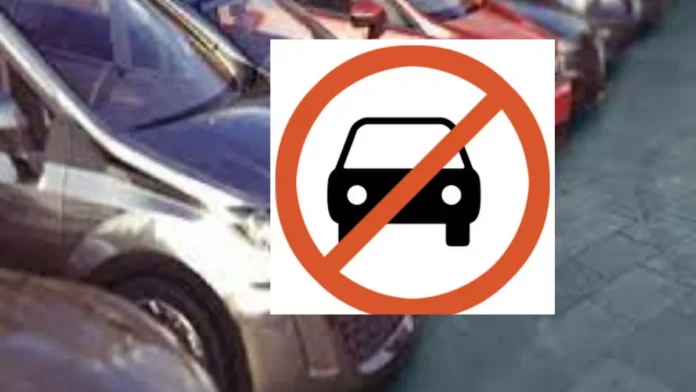If anyone violates this restriction, he will be prosecuted under certain sections of the Motor Vehicles Act. Under the rule, vehicle owners may also have to pay a fine of Rs 20,000.
New Delhi. Delhi has once again banned BS3 petrol and BS4 diesel cars from today. This ban will continue till further orders of the government. If the pollution level does not come down in the next three days, then the ban can be extended. A similar ban was implemented last month after pollution levels increased around the Delhi NCR region. According to the Central Pollution Control Board, the pollution level on the Air Quality Index (AQI) in Delhi rose to 434 on Monday, more than 60 points recorded on Sunday.
In such a situation, a person from Delhi-NCR or any other state cannot take BS3 petrol and BS4 diesel cars in Delhi or NCR region during this period. If anyone violates this restriction, he will be prosecuted under certain sections of the Motor Vehicles Act and will have to pay a very heavy fine. The Delhi government order states that BS 3 petrol and BS 4 diesel cars will be prosecuted under Section 194 (1) of the Motor Vehicles Act, which imposes a fine of Rs 20,000.
What are BS-3 and BS-4 norms?
The emission standards set by the Government of India are designed to regulate the production of pollution from Bharat Stage Emission Standard (BSES) vehicles. The Central Pollution Control Board under the Ministry of Environment, Forest and Climate Change sets this standard for vehicles from time to time. Under these norms, technical changes are made in the engines of vehicles to reduce pollution.
Which vehicles fall in this category?
BS3 norms were implemented in India from October 2010. After this, new vehicles were launched with changes in the engine of the vehicles. This included both petrol and diesel vehicles. Later, BS4 standards were implemented in the country from April 2017. Diesel vehicles pollute more than petrol vehicles. Therefore, a temporary ban has been imposed on petrol cars older than 2010 and diesel cars older than 2017.


